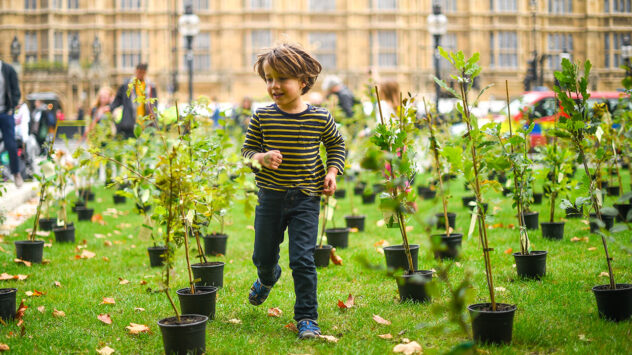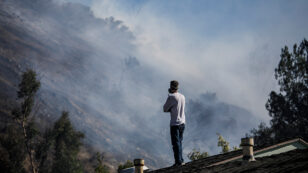
Your Guide to Talking With Kids of All Ages About Climate Change
By Lora Shinn Sex. Drugs. Global extinction. When difficult subjects come up, it’s not easy being a parent — especially when that subject is climate change. But a parent, teacher, or caregiver is often the first and best source of trusted information for children. These are also the people who can help them cope with […]

 233k
233k  41k
41k  Subscribe
Subscribe 




